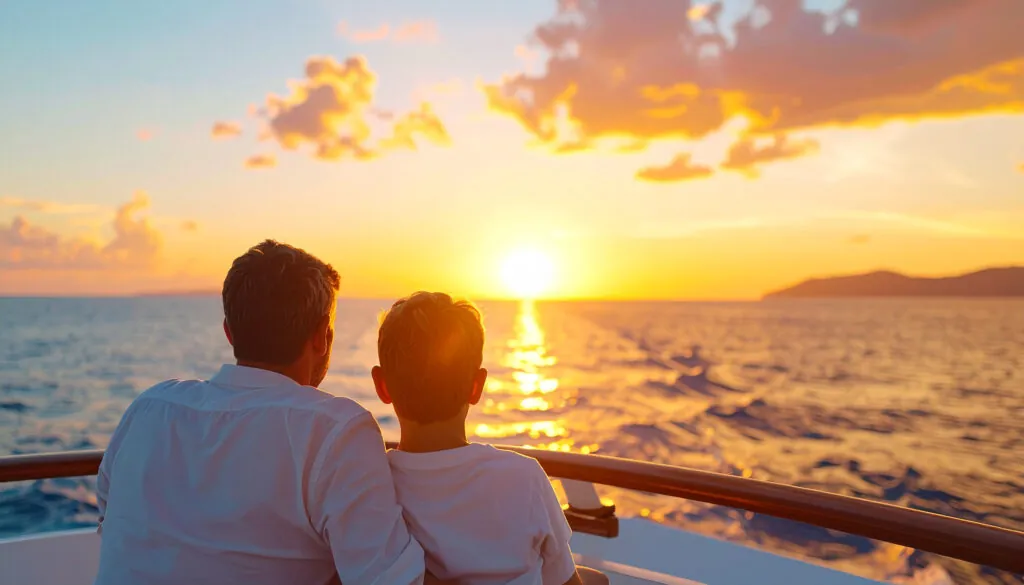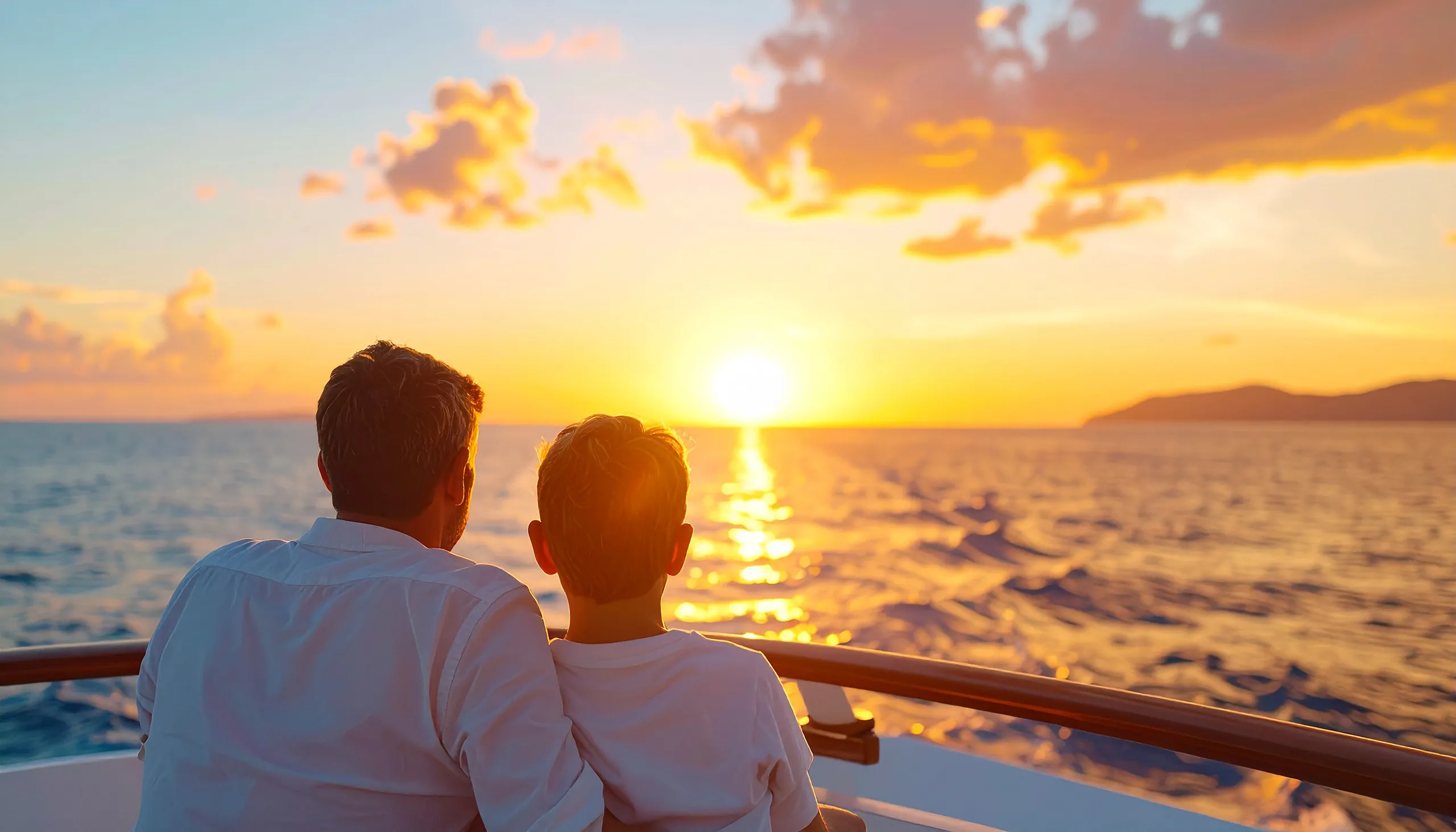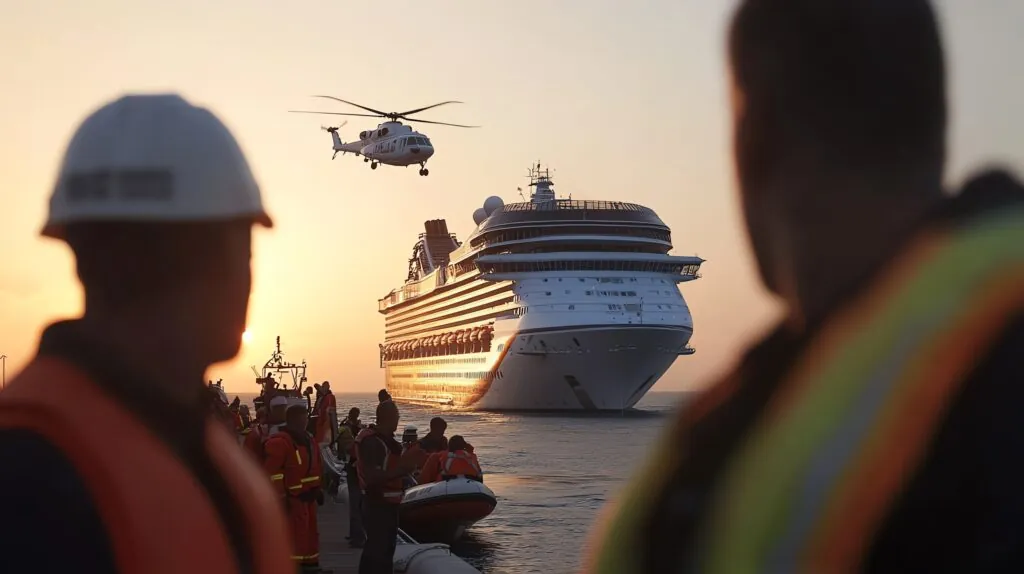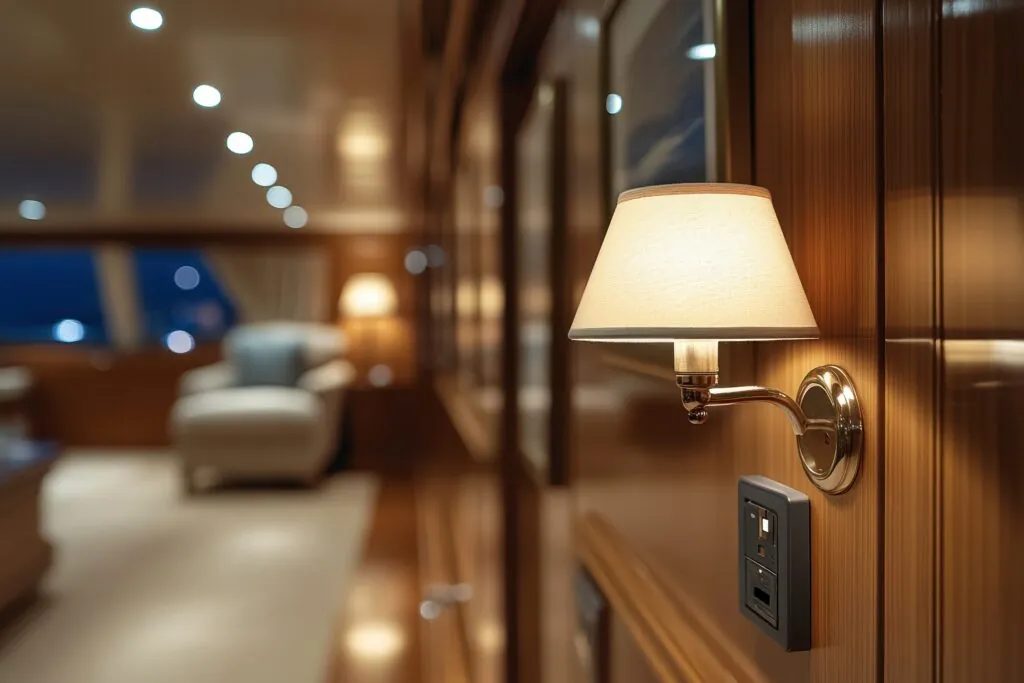Legal Rights of Minors Assaulted on Cruise Ships
Cruises are marketed as family-friendly escapes filled with entertainment, relaxation, and supervised fun. But when a child becomes the victim of sexual assault onboard, the dream can quickly turn into a legal and emotional nightmare.

This article provides a comprehensive breakdown of what parents need to know about their child’s legal rights, cruise line liability, and how to pursue justice after such a traumatic incident.
The Legal Complexity of Crimes at Sea
Jurisdiction Depends on Location and Registration
When crimes occur at sea, jurisdiction depends on several factors: where the ship is registered, where it was located at the time of the incident, and which ports it visits. Most major cruise lines register their ships in countries like Panama or the Bahamas—so-called “flags of convenience” that allow them to sidestep stricter regulations.
If an assault happens in international waters, the laws of the ship’s flag state often apply. However, if the cruise begins or ends in the U.S., federal maritime law may still have jurisdiction under laws like the Cruise Vessel Security and Safety Act (CVSSA).
Special Protections for Juveniles
Children have additional protections under law. Juvenile maritime law addresses issues such as consent, confidentiality, and how minor victims must be treated. When a child is assaulted, it’s not just a criminal matter—it’s a violation of civil rights and potentially human rights.
How Cruise Lines Can Be Held Liable
Duty of Care for Passenger Safety
Cruise lines owe all passengers a duty of care—a legal obligation to ensure a reasonably safe environment. When that duty is breached, especially where minors are involved, the cruise line may be legally liable for the resulting harm.
Common Failures That Lead to Liability
A cruise line can be held responsible if it:
- Hires staff without adequate background checks
- Fails to supervise children in youth programs or play areas
- Ignores previous complaints or red flags
- Covers up or delays reporting an assault
Real-world lawsuits—such as one involving Royal Caribbean, where a crew member assaulted a minor—illustrate that these failures can lead to significant legal consequences.
What to Do Immediately After a Child Assault
1. Ensure the Child’s Immediate Safety
The first priority is removing the child from the vicinity of the alleged perpetrator. Comfort them, but avoid asking too many questions immediately. Your calm, supportive presence is crucial.
2. Seek Medical and Security Assistance Onboard
Request medical attention and ask for a thorough evaluation. The ship should also file an official incident report through security. Be sure to request a copy and document the names of any staff members involved.
3. Collect and Preserve Evidence
Parents should:
- Photograph injuries
- Write down details while they are fresh
- Collect names and contact information of any witnesses
- Request access to surveillance footage
Documentation is critical for any future legal action.
4. Contact External Authorities
Cruise lines are required to notify the FBI or relevant law enforcement agencies when crimes occur on U.S.-connected cruises. If you’re in foreign waters, contact the nearest embassy or consulate for your country.
Understanding the Legal Path Forward
You May Be Eligible to File a Lawsuit
If the cruise line failed in its duty of care, you may pursue a civil lawsuit. These suits can seek damages for your child’s medical bills, emotional trauma, and long-term care needs.
Legal Barriers and Considerations
Cruise tickets often include:
- Short statutes of limitations (as little as six months)
- Forum selection clauses limiting where you can file a lawsuit
- Mandatory arbitration clauses that may restrict legal action
A maritime attorney can help you navigate or challenge these restrictions.
Potential Compensation and Damages
Types of Damages You Can Pursue
While no amount of money can undo trauma, compensation can provide access to necessary care and long-term support. You may be eligible for:
- Reimbursement for medical treatment and therapy
- Damages for pain and suffering
- Loss of enjoyment of life
- Emotional distress
- Punitive damages in severe cases
Courts take child assault cases seriously, and the right attorney can help quantify and pursue appropriate compensation.
Emotional and Legal Support Resources for Families
National Advocacy Organizations
Several trusted organizations can help families through the aftermath of a cruise ship assault:
- RAINN (Rape, Abuse & Incest National Network) provides a 24/7 hotline and resources for survivors.
- Childhelp offers crisis counseling and reporting guidance for child abuse victims.
- International Cruise Victims Association helps connect affected families with legal and advocacy resources.
- VictimConnect offers confidential legal referrals and trauma support.
These groups can support both immediate crisis intervention and long-term recovery for families.
Frequently Asked Questions
What are a minor’s rights after a cruise ship assault?
Minors have the right to safety, dignity, and legal protection. They are entitled to medical care, a thorough investigation, and legal representation if needed.
Can parents sue a cruise line for child abuse?
Yes. If the cruise line’s negligence contributed to the incident, parents can file a lawsuit for damages related to the physical and emotional harm their child suffered.
How do I report a child assault on a cruise?
File a report immediately with ship security, request medical documentation, and contact local or federal law enforcement once the ship docks or via satellite communication.
Who investigates child sexual abuse on cruise ships?
If the cruise has a U.S. port of call, the FBI typically leads the investigation. Otherwise, local port authorities or the ship’s flag country may take jurisdiction.
Is a cruise ship liable if my child is assaulted?
Yes—especially if the company failed to properly screen employees, neglected supervision, ignored red flags, or failed to act on complaints.
Final Thoughts: Turning Awareness Into Action
Cruise ships are marketed as safe havens for families. But in reality, they can pose unique risks—especially when legal accountability is limited by international jurisdiction and corporate shielding.
By learning your rights, preserving evidence, and taking legal action, you can not only fight for justice for your child but also push for stronger safety standards across the industry.
The most important thing is to act. Protect your child. Defend their dignity. And hold those responsible fully accountable.
Contact The Cruise Injury Law Firm Today
If your child has experienced abuse aboard a cruise ship, the time to act is now. Cruise lines operate with complex contracts and legal protections—but you don’t have to face them alone.
Contact The Cruise Injury Law Firm today for a free consultation. We can help protect your rights, preserve crucial evidence, and ensure your child gets the justice and support they deserve.






